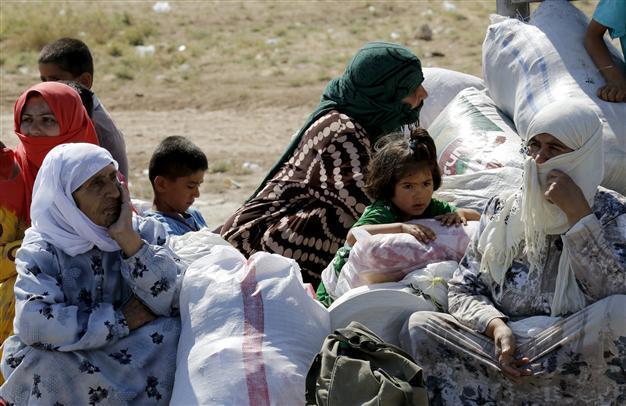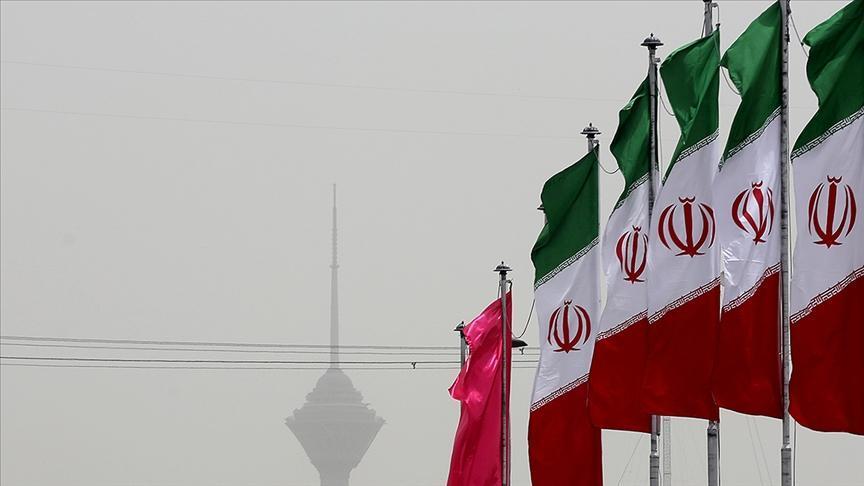Turkey ranks bottom in migrant integration report with flow of refugees
BRUSSELS

Reuters Photo / Ümit Bektaş
Turkey’s legal framework hinders the integration of migrants, and the country ranks bottom of a list of 38 developed nations, according to the latest world ranking by a Brussels-based think tank.Turkey is failing to integrate migrants amid an increased flow of refugees from Syria, according to the Migrant Integration Policy Index (MIPEX) 2015 report released on June 23.
“Immigrant workers and their families have restricted rights and little-to-no state support. The policies are unfavorable for labor market mobility, education, and political participation, even compared to other new countries of immigration in Central and Southeastern Europe,” said the report.
Turkey also has the weakest protections against discrimination because a dedicated anti-discrimination law and agency are still lacking and pending approval by parliament, the report stated.
The country’s relative strength, family reunion, is still incompatible with EU law and weak compared to laws in most MIPEX countries, it added. Settled immigrants face not only a slightly unfavorable path to citizenship, as in several new countries of immigration, but also one of the least favorable paths to simply a long-term residence permit, far below EU standards, it added.
A reform of Turkey’s asylum and migration policies is now less about relations and accession to the EU and more about the future of the now 1.7 million registered Syrian refugees, who are projected to reach 2.5 million by the end of 2015, the project’s authors said. Turkey is now the largest host country of refugees in the world, with just 250,000 in 25 refugee camps and the rest in cities across the country.
The MIPEX 2015, led by the Barcelona Centre for International Affairs (CIDOB) and the Migration Policy Group (MPG), conducted a complete review of integration outcomes, policies, and beneficiaries in all EU member states, as well as Australia, Canada, Iceland, Japan, New Zealand, Norway, South Korea, Switzerland, Turkey and the United States.
For Turkey, Istanbul Bilgi University’s European Institute and Kemerburgaz University have been the official partners of the MIPEX Project since 2013 and have collected and analysed the data for Turkey.
















